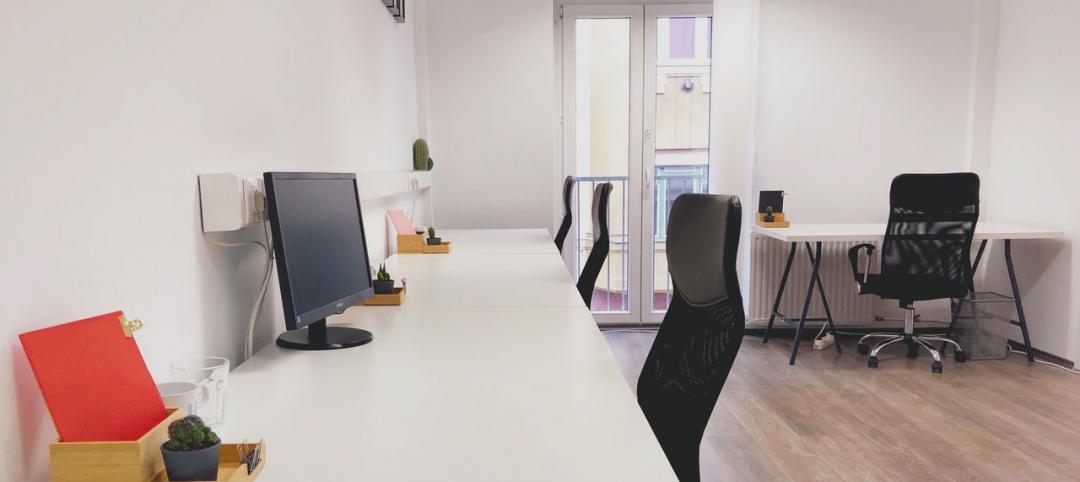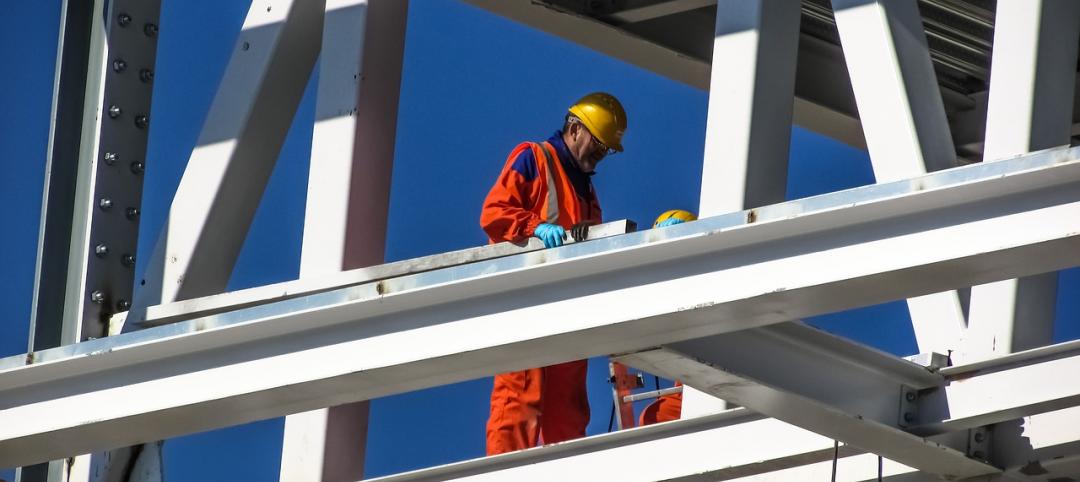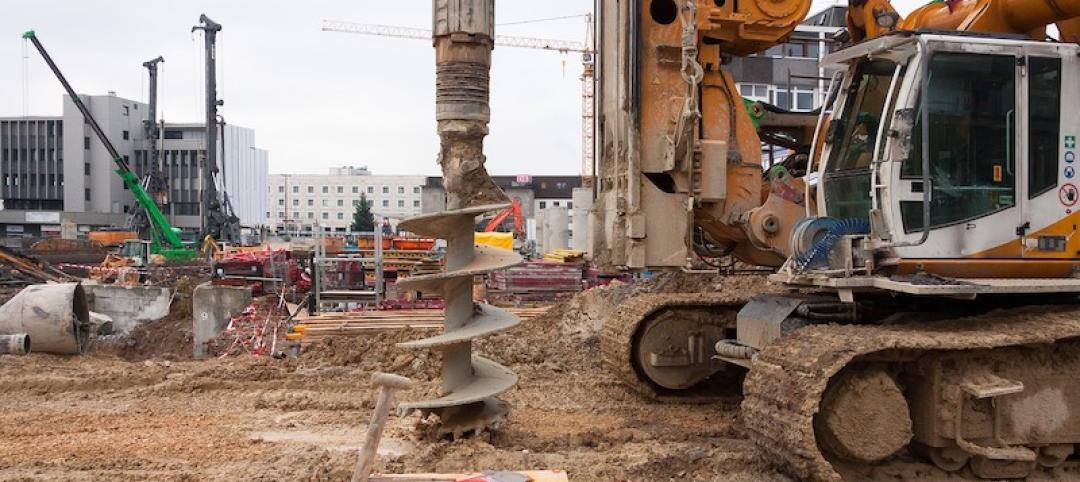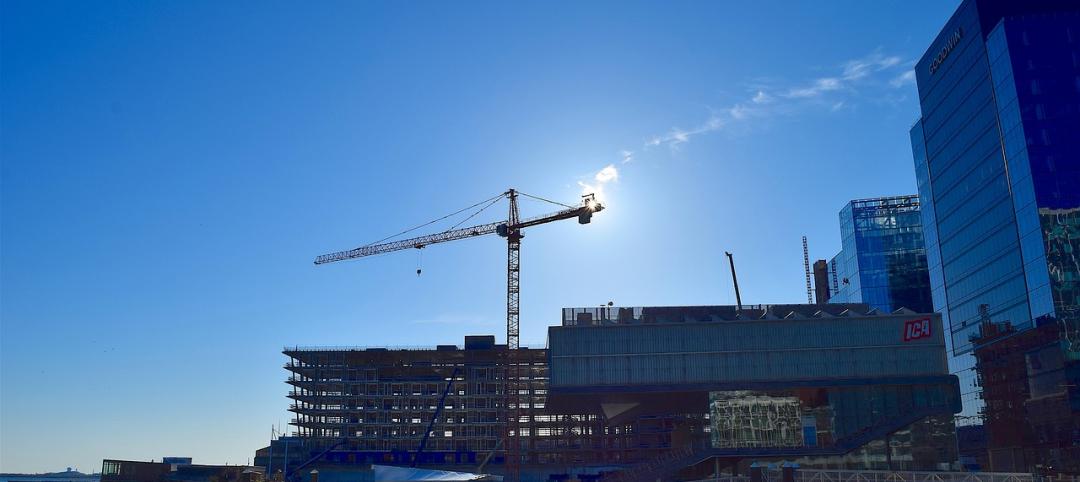As the construction industry tries to figure out how to start working again under pandemic conditions that are still prevalent in many parts of the country, companies are left to sort out evidence- and science-based facts and possible solutions from quick-fix remedies and instinctual responses that, in the long-rum, could do more harm than good.
To assist construction companies in these efforts, The Castle Group, a communications strategy firm, has created a COVID-19 Crisis Response Task Force, which provides medical expertise, alerts and analysis, weekly briefing calls, company specific projects, and business recovery planning and continuity.
In forming this task force, The Castle Group collaborated with Dr. David Shulkin, FACP, the former Secretary of the U.S. Department if Veterans Affairs, who is currently president of a consulting firm that works with healthcare organizations and companies to innovate and improve wellbeing for patients.
Its other partner in this endeavor is Dr. Michael R. Jaff, DO, the chief medical officer of a global medical device manufacturer, and a professor of medicine at Harvard Medical School.
Sandy Lish, The Castle Group’s principal, notes that her firm can bring to the table expertise in crisis communications that, in the case of several construction firms she’s heard from, often lack reliable medical information. Castle’s areas of expertise touch on human resources, best practices, and employee re-assimilation.
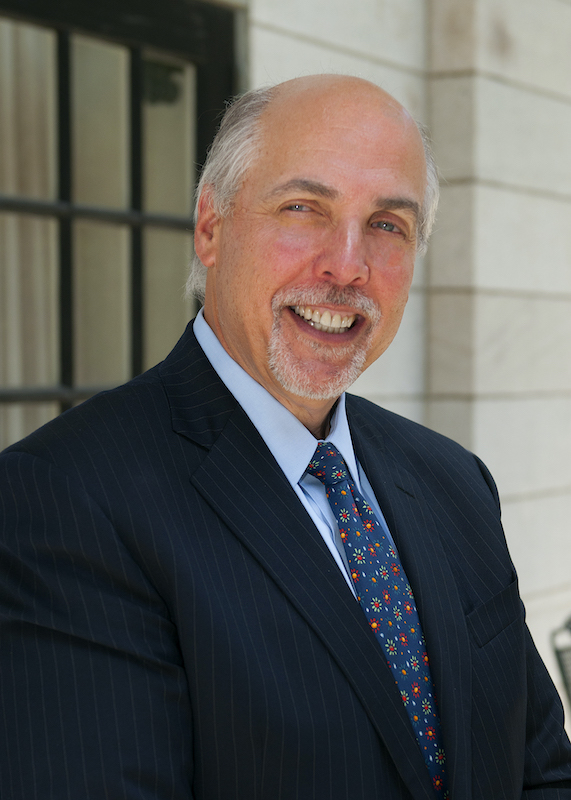
Dr. Michael R. Jaff, one of the medical experts collaborating with The Castle Group on its COVID-19 Crisis Response Task Force.
Last month, The Castle Group sent out an email blast to its database about the task force’s services. Jaff says that its first client was an assisted-living facility that wasn’t satisfied with how it conveyed information to its customers. “We changed the course of their situation by encouraging them to change their strategy from reactive to proactive,” says Jaff.
Lish and Jaff point out that what’s also missing in many companies’ messaging is the “looking ahead” at what might happen medically, which is something the task force can also help its clients with. “Being able to anticipate shifts gives you the ability to be nimble” in response to those shifts, says Jaff.
He goes on to say there’s a “desperate need” for consistent information platforms, in terms of available testing, therapies, and so forth. “Otherwise, you end up with what we have now,” he says: an uncoordinated hodgepodge of public and private sector actions.
Over the next six to 12 months, Castle’s COVID-19 response team’s mission could broaden to include other diseases and ailments that employees might contract, regardless of how quickly a vaccine for COVID-19 emerges. “Companies need longer-term communications strategies,” says Lish.
Related Stories
Coronavirus | Mar 20, 2020
AIA implores Congress to provide relief to business owners and employees
The American Institute of Architects (AIA) 2020 President Jane Frederick, FAIA, and EVP/Chief Executive Officer Robert Ivy, FAIA, are urging Congress to address the critical needs of business owners and employees during the COVID-19 pandemic.
Coronavirus | Mar 20, 2020
Extending care capacity as COVID-19 grows
Coronavirus threatens to overwhelm the U.S. healthcare system. LEO A DALY’s health practice leader offers some innovative ideas for expanding access.
Coronavirus | Mar 19, 2020
Positive vibes: Let's take a look at the brighter side of these crazy times
Perhaps now is a good time to take a page from Monty Python's book and look on the bright side of life. So let's push aside the doom and gloom for a bit and bring a little positivity to these strange times we all currently find ourselves in.
Coronavirus | Mar 19, 2020
Force Majeure and COVID-19 in construction contracts - What you need to know
With the onset of the COVID-19 pandemic, we are all taking a closer look at many portions of our contracts.
Coronavirus | Mar 19, 2020
Technology crucial during COVID-19 social distancing
Technology can help bridge the gap during the Coronavirus pandemic as higher education institutes and corporations are moving to a remote work model.
Coronavirus | Mar 18, 2020
Coronavirus latest: Short-term pain but strong rebound likely, says Oxford Economics
Once the disruption and uncertainty fade, the rebound in global economic activity will be strong. It’s important for firms to position themselves for such a recovery.
Coronavirus | Mar 18, 2020
We are in the midst of a paradigm shift for higher education
The question for higher education is, what will the university of the future look like?
Coronavirus | Mar 17, 2020
AIA: Design services saw increase in February, but economic footings are rapidly shifting
"The rapid pull-back in activity throughout the economy will obviously be felt in the design and construction sector, and architecture firms will be one of the first to see how these events play out,” said AIA Chief Economist, Kermit Baker, Hon. AIA, PhD.
Coronavirus | Mar 17, 2020
AGC to government officials: Shutting down construction projects is an unnecessary step
Construction firms are already taking steps to protect employees, most of whom already wear protective equipment, while halting work will undermine efforts to add hospital capacity.
Coronavirus | Mar 16, 2020
Boston mayor orders shut down of construction sites due to coronavirus
Boston Mayor Martin Walsh has ordered that all construction projects in the city be suspended in response to the spread of the coronavirus.



